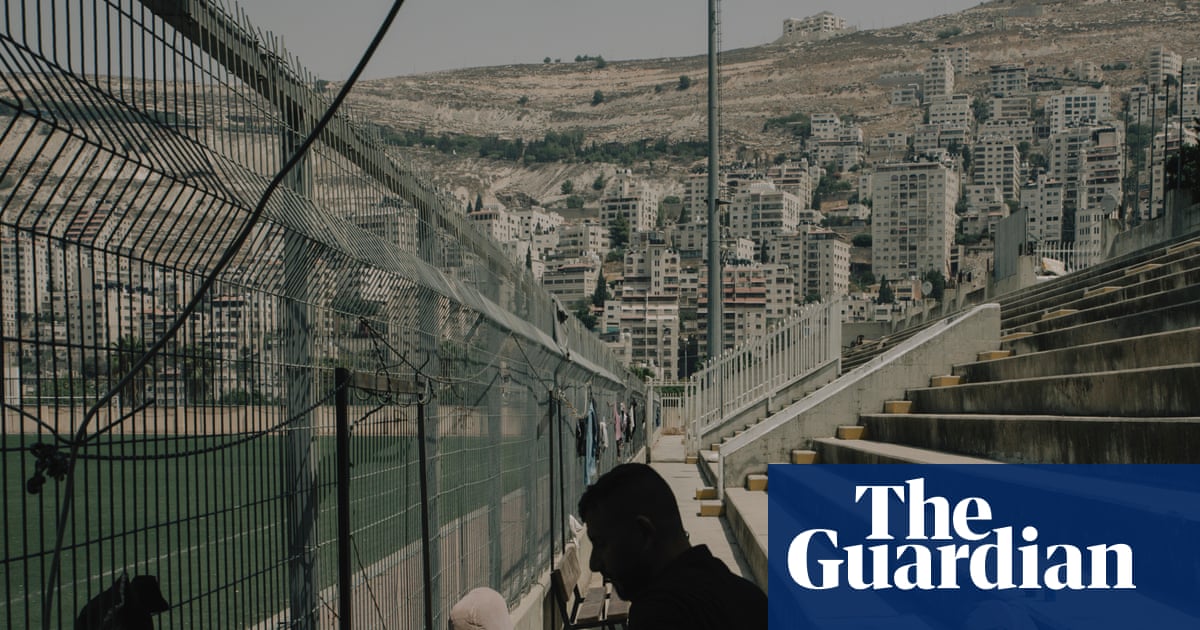
"Inside a dim locker room at the Nablus municipal stadium, in the occupied West Bank, the television rarely goes dark, streaming day and night the relentless news from Gaza. Gathered in front of it are a group of men from Khan Younis. For more than two years, they have lived in this stadium converted into a refugee camp, their lives suspended between exile and the war they watched on a screen."
"They killed my nephew and his two children, says Baker Majjar, 37, who before the conflict split his time between a month in Gaza and a month working on construction sites in Tamra, in north-eastern Israel. They were seeking food at an aid distribution point near Khan Younis. I've lost more than a hundred people relatives and friends to Israeli attacks since the war began. Then I stopped counting."
"Majjar was one of the 18,500 married men in Gaza over the age of 25 who had permission from the Israeli authorities to enter the country, mostly to work in agriculture and construction. In the hours immediately after the Hamas attack, Israeli forces began rounding them up. Thousands of these workers were swept up in raids across Israel, imprisoned or deported back to Gaza with their work permits cancelled."
Men from Khan Younis live in a dim locker room at Nablus municipal stadium converted into a refugee camp, watching continuous news from Gaza. Most are construction workers who had been working in Israel on 7 October 2023 when Hamas launched its attack. Israeli forces rounded up many Gaza workers in the hours after the attack, imprisoning or deporting thousands and canceling work permits. Thousands fled or were displaced to the West Bank, cut off from wives and children who remain in makeshift tents in Gaza. Many lost dozens or hundreds of relatives to Israeli attacks, and civilians are largely barred from entering or leaving Gaza.
Read at www.theguardian.com
Unable to calculate read time
Collection
[
|
...
]